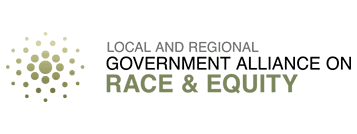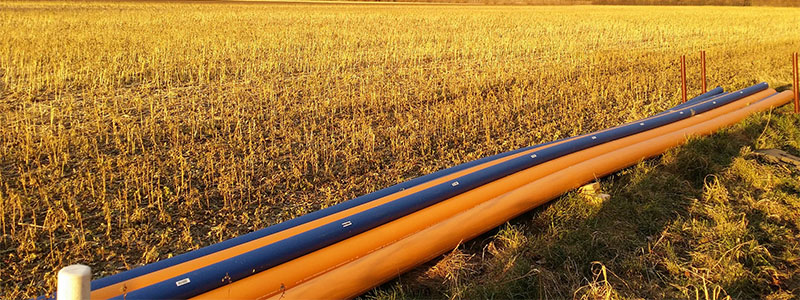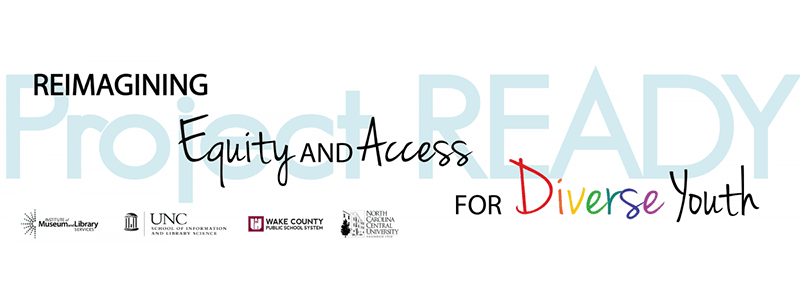Webinars and Toolkits

Advancing Racial Equity in Your Library
This webinar, presented by the Race Forward Government Alliance on Race and Equity (GARE), presents an overview of concepts and approaches libraries are using to reduce racial barriers in their work.

Celebrating Diversity & Multiculturalism through Crafts
A webinar where presenters define diversity and multiculturalism, cultural appropriateness, and highlight crafts and activities that help teach children to respect and celebrate the differences in all people.

Digital Equity Toolkit for Rural Communities
A toolkit of strategies and case studies that serves as a guide for public libraries and other educational institutions to help bridge the digital divide in rural California communities. Created by public library staff who participated in the 2020-21 State Library Leadership Challenge.

Digital Navigators
The Digital Navigators program provided direct support to Californians who needed assistance in using devices, accessing online workforce development and digital literacy tools, and connecting to resources for low-cost internet services and devices. The program ended in September 2024. LSTA-funded

Project READY: Reimagining Equity & Access for Diverse Youth
Online professional development modules for school and public youth services librarians, library administrators, and others interested in improving their knowledge about race and racism, racial equity, and culturally sustaining pedagogy.
STEAM Programming for Diverse Populations
A webinar exploring why it is necessary to offer STEAM programs for diverse youth and teen populations, and including a variety of ideas for programs and resources for finding and creating your own programs.

Understanding Power, Identity, and Oppression in the Public Library
The webinar from the PLA was created to enable participants to understand how power, privilege, and oppression impact public library staff, services, programs, collections, and spaces.
Using Social Media as a Tool to Advocate Diversity and Inclusion
A webinar demonstrating how to use humor, pop culture, children’s materials, and more, to advocate for diverse communities, and to speak up when necessary.

We Know Equity, Diversity, and Inclusion are Important… Now What?
What does it really mean to put EDI values into practice at your library? In this 2018 webinar, the presenters provide a “starter kit” for EDI training in libraries.
Statements from the Field
- Diverse Collections: An Interpretation of the Library Bill of Rights (American Library Association)
- Equity, Diversity, and Inclusion: An Interpretation of the Library Bill of Rights (American Library Association)
- Equity, Diversity, Inclusion, and Social Justice (Public Library Association)
- Statement on Race and Social Equity (Urban Libraries Council)
Case Studies and Projects
Advancing Racial Equity in Public Libraries: Case Studies from the Field
Provides a framework for implementation by highlighting strategies public libraries are using to advance equity. From the Government Alliance on Race & Equity (GARE).
Becoming Inclusive Community Hubs: Internal EDI Work for Public Libraries
Provides information gleaned from interviews with ten libraries that established partnerships with organizations of color to create inclusive community hubs. Created by public library staff who participated in the 2020-21 State Library Leadership Challenge, this paper information.
Community-Centered Libraries: Harnessing the Power of Data to Equitably Serve Your Community
A statewide initiative offered by the State Library in partnership with Pacific Library Partnership. This helps California public library workers access tools and build skills to use data to better serve all members of their community. Learning opportunities are offered online and in-person and are available at no cost to California public library workers.
Creating Racial Equity and Inclusion (CREI)
A collaborative effort by Califa, Marin County Free Libraries, and Santa Monica Public Library, this LSTA funded program was designed to build the skills and infrastructure of California libraries so that internal and external library operations reflect racial equity and full inclusion for everyone.
Cultural Literacy Programs in Your Library
A handout from University of Alabama Library and Information Studies Professor Jamie Naidoo lists organizations and other resources relating to the development of cultural literacy programs in the library.

